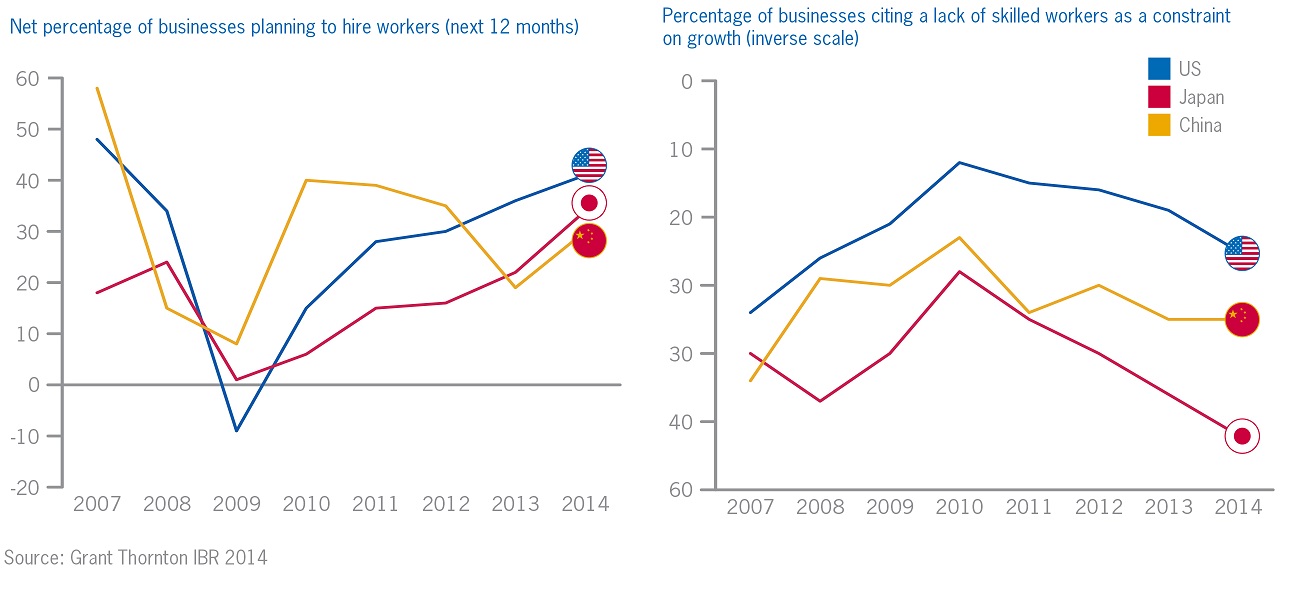-
Audit
At Grant Thornton, our IFRS advisers can help you navigate the complexity of financial reporting.
-
IFRS support
Our IFRS advisers can help you navigate the complexity of the Standards so you can focus your time and effort on running your business.

-
Transfer pricing
The laws surrounding transfer pricing are becoming ever more complex, as tax affairs of multinational companies are facing scrutiny from media, regulators and the public
-
Tax Audit
Our trusted teams can prepare corporate tax files and ruling requests, support you with deferrals, accounting procedures and legitimate tax benefits.
-
Tax Appeal
Our teams have in-depth knowledge of the relationship between domestic and international tax laws.
-
Advance Ruling
Through our global organisation of member firms, we support both companies and individuals, providing insightful solutions to minimise the tax burden for both parties.
-
Tax Treaty Benefits Application
Tax Treaty Benefits Application
-
FINI/FIDI Tax Services
Our solutions include dealing with emigration and tax mitigation on the income and capital growth of overseas assets.
-
Expatriate Income Tax Filing
Our team has extensive experience in helping expatriates in Taiwan to file personal income returns and claim tax refund where applicable. We file approximately 300 expatriate personal income tax returns in Taiwan annually.
-
Bookkeeping
Effective bookkeeping and financial accounting are essential to the success of forward-thinking organisations. To get the optimum benefit from this part of your business, you'll need an experienced team behind you.
-
Inventory movement reporting
Outsourcing your operations and specific business functions to Grant Thornton can not only cut costs, but also bring new insights and experience to your business.
-
Payroll administration
Payroll and, in addition, personnel administration are the biggest and most time-consuming challenges facing expanding organisations. Grant Thornton’s outsourcing teams can manage these commitments on your behalf, allowing you to focus on what you do best – growing your business.
-
Trust account management
Running a transparent and trusted business means keeping shareholders, owners, management and other important stakeholders informed about key developments in your organisation.
-
VAT returns
At Grant Thornton, we understand the pressures management is under to achieve results, and for this reason we have developed systems for taking away the burden of compliance chores, leaving you to spend your time and energy on the core activities that ultimately lead to growth.
-
Head Office reporting
Businesses frequently outsource some of their daily operating tasks in order to focus their energy on their core competencies, while improving performance and lowering costs of their non-core activities. By saving time and money, Grant Thornton's outsourcing services allow clients to concentrate on what is really important to their business.
-
Executive Search
We understand that HR leaders need to focus on securing talents and this is no easy exercise. Our mission is to share best practices with our clients and help our clients to stay competitive in the market. Please do not hesitate to contact us to find out more about details of our services and how we can work together with you.
-
Work Permit and Employment Gold Card Application Services
Work Permit and Employment Gold Card Application Services
-
Expatriate Tax
Expatriate Tax
-
PRIMA Consulting Services
PRIMA Consulting Services
-
Business Operation Plan Composition
Business Operation Plan Composition
-
Setting up legal entities
With a global network of experts in their respective tax and regulatory environments, Grant Thornton advisors help individuals and corporations establish the type of business entity that will best position them to achieve their goals from the very start of their operations.
-
Liquidation and de-registration
Sometimes a business suffers an adverse event which impacts its ability to continue trading. And sometimes a solvent sale proves unsuccessful or a turnaround just isn't an option.
-
Update company statutory record
With a global network of experts in their respective tax and regulatory environments, Grant Thornton advisors help individuals and corporations establish the type of business entity that will best position them to achieve their goals from the very start of their operations.
-
Merger and Acquisition
Merger and Acquisition

-
Administrative remedies
Administrative remedies
-
Corporate legal consulting
Corporate legal consulting
-
Bankruptcy and restructuring
Bankruptcy and restructuring
-
Company dissolutions and liquidations
Company dissolutions and liquidations
-
Supplier and employee background investigations
Supplier and employee background investigations
-
Legal attest letter drafting service
Legal attest letter drafting service
-
Preparation and review of agreements in Chinese and English
Preparation and review of agreements in Chinese and English
-
Lifting restrictions on going abroad
Lifting restrictions on going abroad
-
Labor law compliance and labor-management negotiation
Labor law compliance and labor-management negotiation
-
Business and personal asset planning
Inheritance, inheritance tax, family business, and personal asset planning
-
Not for profit organizations
Not for profit organizations
-
Schools
Schools
-
Others
Others
Businesses in world’s largest economies find hiring plans squeezed by lack of skills
Businesses in the world’s three biggest economies, the United States, China and Japan, are increasingly feeling the heat when it comes to recruiting skilled staff according to the Grant Thornton International Business Report (IBR), a survey of 2,500 business leaders in 35 economies. Given that these countries together represent over a third of global output, a deficit of skilled staff could have a significant knock-on effect on economic growth not just in these economies but beyond.
The IBR asked businesses around the world about the extent to which a lack of skilled workers is constraining their ability to grow. Since 2012, the global average has increased by just three percentage points to 31% who say it is a problem. But the rises in the US (nine percentage points to 25%), China (five to 35%) and Japan (12 to 52%) have been far more substantial. The problem has increased as businesses in these markets look to increase hiring: 41% of US businesses want to add people over the next 12 months, slightly ahead of Japan (34%) and China (30%).
Francesca Lagerberg, global leader for people and culture at Grant Thornton, commented:
"It is always a concern when businesses are struggling to plug talent gaps in their organisation. Unemployment is relatively low in both China and Japan, where the populations are ageing rapidly, and the US has been adding jobs at a very healthy rate over recent quarters so businesses have little room for manoeuvre. Because of the collective trading power of these three economies the repercussions of slower business growth will be felt the world over.
"However, on the positive side it is encouraging that businesses are looking to take on new people. Improvements in jobs tend to lag recoveries as companies 'run lean' and wait to see sustainable increases in demand before adding people on permanent contracts. The increase in employment expectations uncovered by the IBR therefore suggests that businesses are more confident in the economic outlook. And of course jobs create demand so the hope is that the global economy is entering a virtuous cycle."

In the US, China and Japan, the proportion of businesses looking to hire new workers is now at its highest since before the global financial crisis according to the IBR. The proportion of businesses citing a lacking of skilled workers has now also reached or surpassed 2008 levels in all three economies.
Francesca Lagerberg added: "As the battle for talent intensifies, business leaders need to ensure they have the right recruitment and retention policies in place. Pay and incentive structures are potent tools, but if a business cannot find the right people externally, then upskilling the current workforce also becomes a priority. Businesses need to invest in their internal training programmes to mould the people that will help them deliver on strategy, innovate and ultimately grow.
"We also need to improve the dialogue between educational institutions, governments and business leaders. Unemployment statistics often hide the thousands of people who have given up looking for work and dropped out of the labour market. The issue isn’t really a shortage of people: it’s a shortage of people with the skills businesses need."
– ends –


